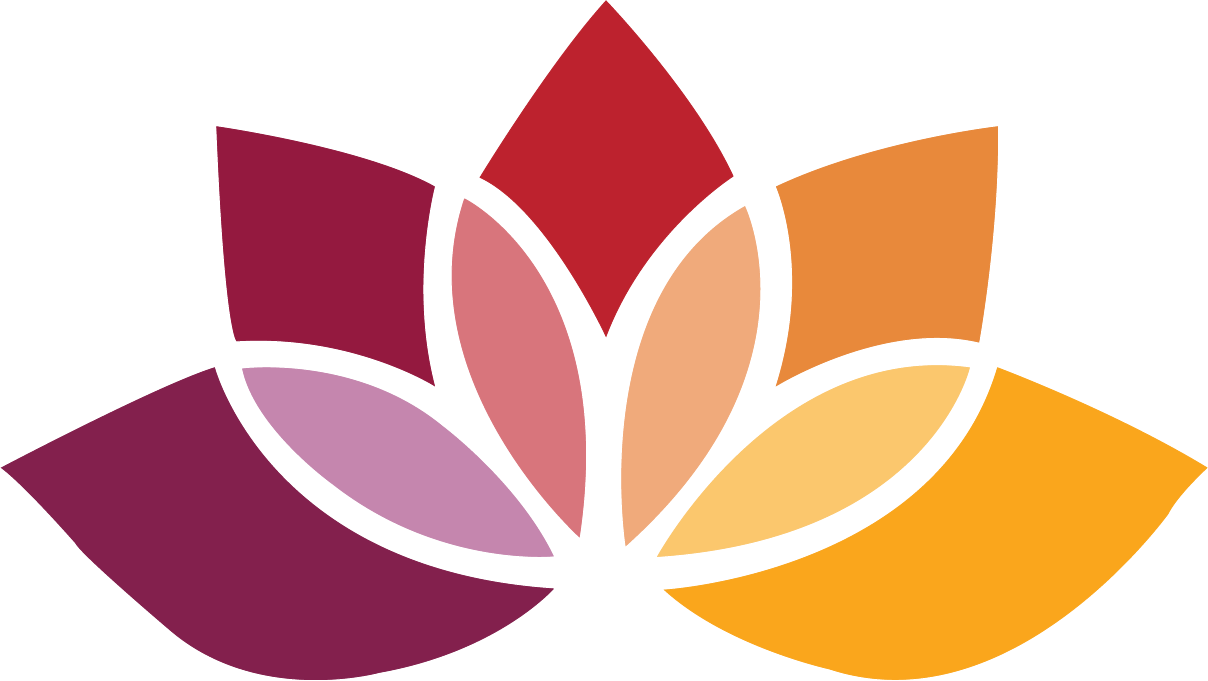FAQ
-
Do you accept insurance?
We acknowledge that the use of insurance can make counseling more accessible for many individuals but it often creates more barriers than access. We allow each fully licensed clinician the option to be in network with insurance carriers, but many of our clinicians are unable or choose not to be in network with insurance carriers. We are happy to provide the necessary documentation for out of network billing.
-
Do you offer sliding scale slots?
Each clinician at Love Positive Counseling sets their own fees and lists them on their profile. We believe clinicians have a right to earn a fair wage with the ability to pay debt incurred as a result of pursuing graduate level of education plus continuing education. There may be times that a clinician is able to provide an adjusted fee to accommodate a specific need. We support the autonomy of the therapist to determine when and how often they can make this decision based on their own boundaries.
-
Do you provide services over video chat?
Yes! All of our clinicians offer counseling and/or coaching services over video using a HIPAA secure video chat platform through our client portal.
-
What is the difference between counseling and coaching?
A professional counselor’s treatment goals align with your mental health goals specifically, considering diagnostic criteria and a variety of treatments to improve symptoms. A coach’s treatment goals align with your goals from all areas of your life including overall wellness. As your coach, we support you in seeking mental health care with a therapist in your area or accepting your insurance while you pursue specific goals in partnership with us.
-
What treatment methods do you provide?
We empower each provider at Love Positive to educate themselves and develop competency in whatever treatment methods make sense for their mind, heart, spirit, and those of their clients. Common among many of us is Intersectional Feminism, Person-focused, Gender Affirming, Gottman relationship therapy, Post-Traumatic Growth therapies (such as EMDR, IFS, etc) and a couple different “third-wave” behavioral therapies (such as Acceptance and Commitment Therapy, Dialectical Behavior Therapy, etc).
-
What other resources do you recommend?
Personal and relational growth - healing and transformation do not happen in isolated moments in the therapy/coaching office. We accompany you in the journey as you utilize a variety of options available to you. We love to recommend local and published resources such as support groups, book and workbooks, card decks, and local organizations to meet your needs. You can find many of the purchasable recommended resources in our Bookshop.

